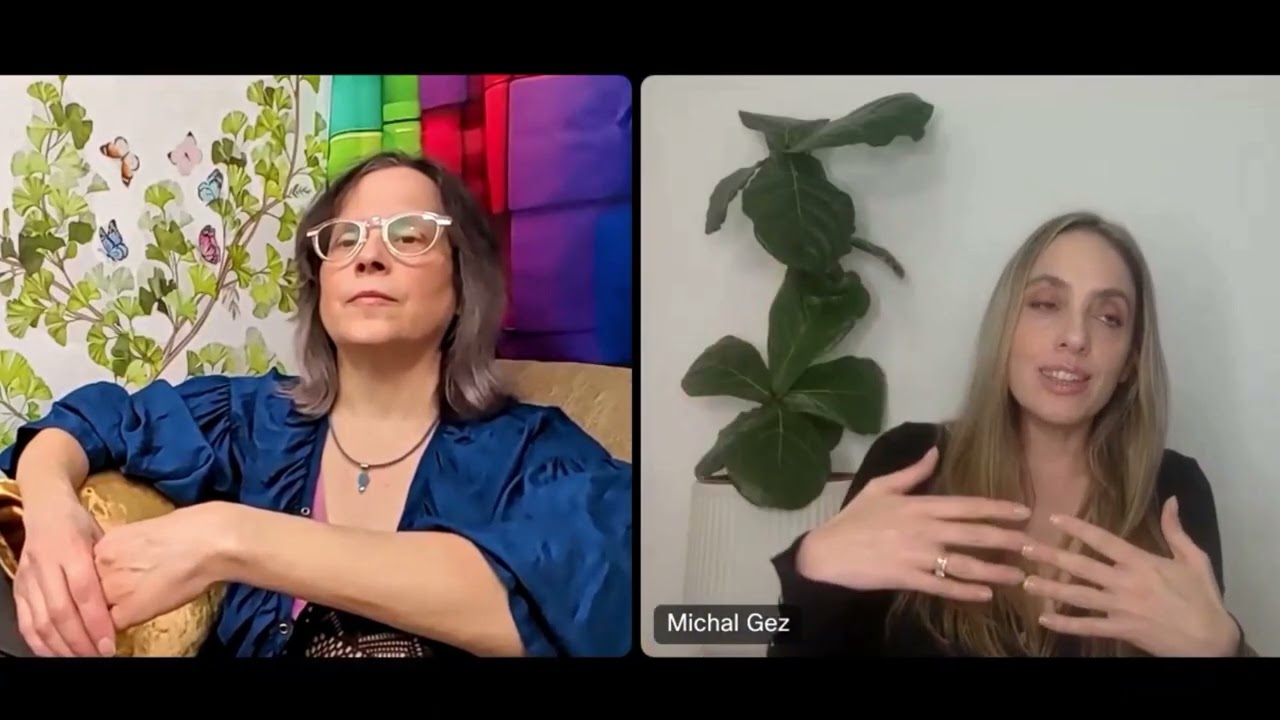The Empowered Child
Parenting Principles for Raising Independent, Confident, Resilient & Happy Kids!
Have you ever wondered why we need to learn life’s most vital lessons the hard way—after years and years of stumbles and heartbreaks?
We were taught to believe that “that’s just how life is,” that “you learn from every fall,” and that “there’s a lesson in every heartbreak.”
But why?
Why not teach these crucial life lessons before our children experience suffering, challenges, and setbacks? Why shouldn’t they learn by choice rather than being forced by circumstances to recalibrate their path?
Imagine what a wonderful gift you would give your children by offering them this knowledge as early as possible in their lives!
The book offers 30 transformative principles for raising successful, emotionally resilient, and confident children, who understand how powerful they are. These principles provide a clear path to nurturing self-love, living authentically, setting healthy boundaries, developing independence, and moving toward a life filled with purpose, passion, and abundance.
Author Interview
Key principles illustrated in the book
“Remember That Your Life Has an Expiration Date”
There's a quote from the movie "Forrest Gump" that many people love to cite: "Life is like a box of chocolates. You never know what you're going to get." I'd like to offer you that same box with a slight variation: life is like a box of chocolates—it's full of surprises, but it also has an expiration date printed on the box. The vast majority of people in our world don't live according to this principle, with awareness of their expiration date. Apparently, there is a scientific reason that prevents us from thinking about death. Why is it important to remember that we have an expiration date? Why should we talk about death with our children if we could choose not to? This principle explores why it’s so important for our children to learn about death early on, as one of life’s inevitable truths and the foundation for living their lives to the fullest.
"I Love You, Mom, But Do You Know Who I Love the Most? Myself"
If you ask my five-year-old daughter who she loves, she'll answer: "I love my mom, my dad, my brother, my grandma and grandpa, but... you know who I love the most? Myself. I love myself the most." I'm so proud of her. This is one of the most important life lessons I've taught my children. There are so many people in the world who don't love themselves—or who don't even realize they don't love themselves—and they spend their lives trying to understand why. Why aren't they happy? Why are they addicted to drugs, alcohol, compulsive shopping, Botox, plastic surgery, diets, food...? This principle explores the importance of instilling self-love as a core belief in young children—and how it can be truly life-changing.
"Don't Depend on Other People's Good Opinions"
OK, so all of us—I hope—already understand that being dependent on other people’s negative opinions of us is not a good idea. But what about good opinions? Compliments and positive feedback? We, as parents, love giving our children compliments. We love saying kind words when they do something good. However, it's important that we convey to our children the message that they shouldn't become dependent on other people's good opinions. Children who rely on positive feedback from their surroundings—who see it as their driving force, their source of strength and motivation, and the main reason they do things—are simply people-pleasing children who may grow into dependent adults. On the other hand, children who internalize the principle that their own internal feedback is more important than feedback from those around them will become children (and later adults) who are stronger, more vibrant, and more emotionally resilient. This principle teaches how to convey this message to our children, so they depend less on external validation and become more connected to their sense of self.
